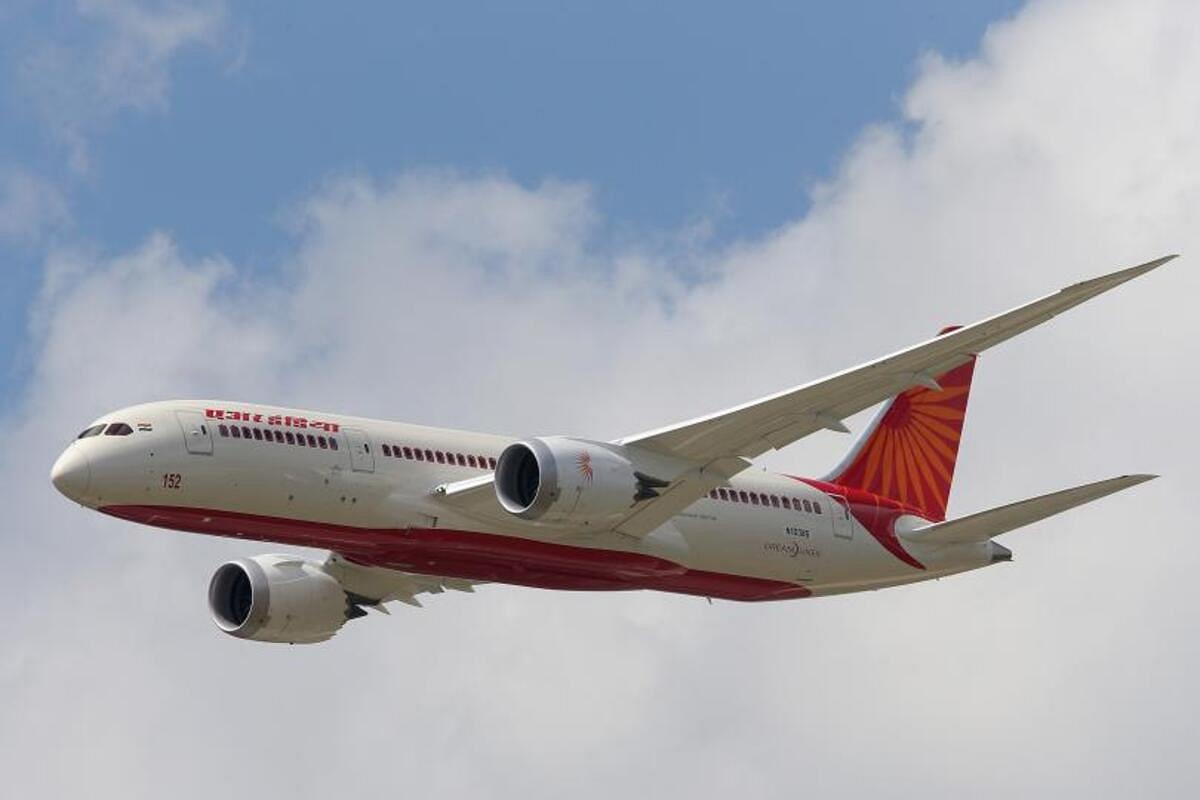News Brief
Flight Safety Emphasised As DGCA Extends Time For Airlines To Implement Pilot Rules, Here's All About It

Airlines seek more time to implement flight duty rules.
The Directorate General of Civil Aviation (DGCA) has provided airlines with ample time to prepare for the new flight duty rules for pilots, as per senior government officials, according to a report by The Economic Times.
The draft rules were published on the website in early November 2023, inviting comments within 30 days.
The implementation was postponed to 1 June to allow airlines enough time to adjust to changes such as logistics, system modifications, consequential arrangements, and training of flight crew, as per the same report.
Earlier it was reported that Federation of Indian Airlines (FIA), a lobby group representing major Indian carriers IndiGo, Air India group, and SpiceJet, urged the government to postpone the implementation by a year.
They anticipate the need to increase the number of pilots by 25 per cent and believe that hiring and training them by 1 June would be unfeasible, potentially leading to the cancellation of up to 20 per cent of flights.
FIA has also criticised the rules as being the most restrictive in the world.
The airlines are particularly concerned about the new definition of the night period, which extends it by an hour, from 12 am - 5 am to 12 am - 6 am, and limits the duty period to 10 hours and the number of landings a pilot can make to two.
Additionally, DGCA has reduced the period during which airlines can exceed the limit due to unforeseen circumstances, such as bad weather or air traffic delays, from three to two hours.
While the rules of other aviation regulators in the US and Europe mandate a reduction of the duty period during night hours due to pilots operating during that period being the most vulnerable to fatigue, none of them place any restrictions on the number of flights.
FIA has argued that this would severely disrupt daily operations as most duty periods either start or fall within this window.
For example, for a flight departing at 7 am, pilots must sign in at 6 am. If the flight gets delayed beyond 12 am due to unavoidable circumstances, the pilot is now restricted to two landings, an airline official noted.
However, the reason Europe and the USA don’t have such a rule is that airports in those countries have restrictions on flights at night to reduce noise pollution.
“With significant growth in the aviation sector, the scale of night operations in India has increased considerably in the past decade. To balance this growth, the CAR on FDTL has prioritised passenger safety by addressing issues causing cumulative fatigue in flight crew,” he said.
IndiGo and Air India officials have suggested that instead of prescribing uniform rules for all airlines, the regulator should allow them to implement their own Fatigue Risk Management Systems (FRMS).
An FRMS is a process where airlines collect and analyse data using software to monitor fatigue among their pilots.
Support Swarajya's 50 Ground Reports Project & Sponsor A Story
Every general election Swarajya does a 50 ground reports project.
Aimed only at serious readers and those who appreciate the nuances of political undercurrents, the project provides a sense of India's electoral landscape. As you know, these reports are produced after considerable investment of travel, time and effort on the ground.
This time too we've kicked off the project in style and have covered over 30 constituencies already. If you're someone who appreciates such work and have enjoyed our coverage please consider sponsoring a ground report for just Rs 2999 to Rs 19,999 - it goes a long way in helping us produce more quality reportage.
You can also back this project by becoming a subscriber for as little as Rs 999 - so do click on this links and choose a plan that suits you and back us.
Click below to contribute.
Latest